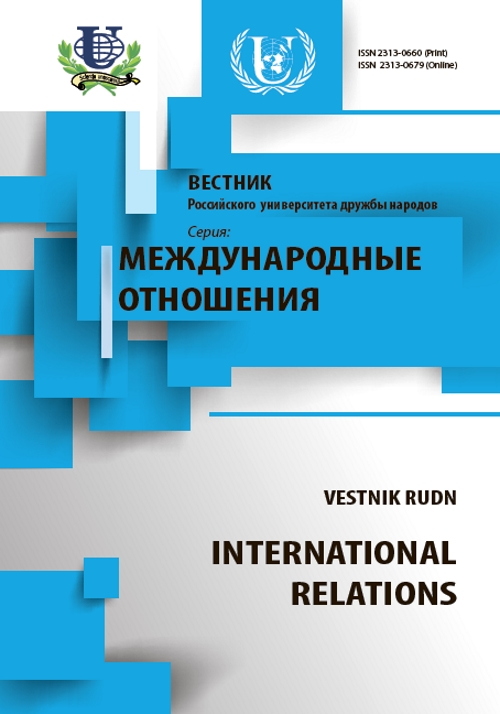Observing the History of U.S. Foreign Cultural Policy Formation
- Authors: Filimonov GY.1
-
Affiliations:
- Peoples' Friendship University of Russia
- Issue: No 4 (2011)
- Pages: 89-97
- Section: Articles
- URL: https://journals.rudn.ru/international-relations/article/view/10699
Cite item
Full Text
Abstract
U.S. popular culture was considered initially by American political establishment as a mean of entertainment rather than an instrument of foreign policy. Before the Cold War American politicians never seriously thought of creating a cultural institution in the federal government. The paradox is that country where cultural export became later so large-scaled and caused a lot of controversy worldwide, originally demonstrated almost no interest in organized foreign cultural policy making. In the late 1930's and especially after World War II American political elite discovered and confirmed its view of culture as an effective tool of foreign policy, particularly at the ideological level (meanwhile the Soviet Union was leading in that confrontation for a long time - up to Gorbachev`s perestroika - outpacing the USA in production of soft power). Ideological dimension has always been and still remains an integral part of the U.S. foreign cultural policy.
Keywords
About the authors
G Yu Filimonov
Peoples' Friendship University of RussiaКафедра теории и истории международных отношений; Российский университет дружбы народов; Peoples' Friendship University of Russia
References











